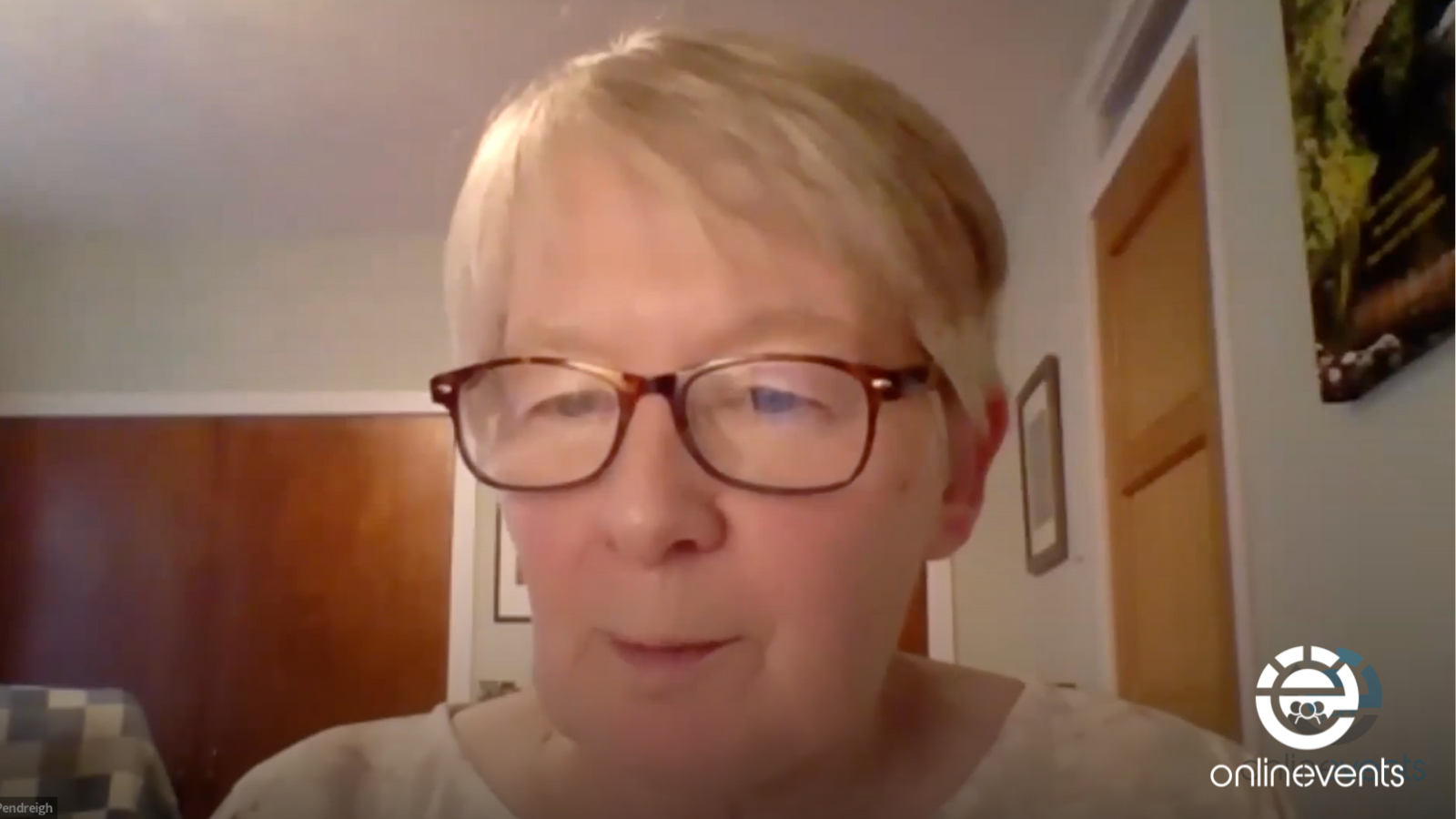Society often regards loss as being about bereavement and so – intentionally or otherwise – dismisses, diminishes or downplays other losses that don’t involve a death. That excludes a multitude of other losses which need understanding and support.
Some non-death losses are visible to others – like loss of employment; a life-affecting condition, injury or illness; the end of a relationship; or loss of home through flooding or other damage. These are all difficult enough to cope with, even with recognition and support.
What if the loss is invisible, intangible or unknown to others? What if it’s something the person carries alone because it’s a source of hurt or shame? What if it lies so deep within them that it has affected their life, opportunities, potential, relationships and sense of themselves?
I believe these sorts of losses are at the heart of therapy. They leave clients confused, lost, and disconnected both from others and themselves. They result in their own sort of grief and, with nowhere to be expressed or welcomed, that grief becomes disenfranchised.
This session will look at different types of non-death losses and how they become disenfranchised. We will use Francis Weller’s ‘Gates of Grief’ to explore the sorts of invisible and intangible losses that cause deep grief and hidden sorrow. And I will draw on my experience of working with such clients.
We’ll look at indicators of disenfranchised grief in clients dealing with such losses and what helps them with their grief. And we’ll touch on self-care for therapists working with DG clients given the potential for parallel processes.
The workshop will provide opportunities for individual thought, shared discussion and examples, and a Q and A.
This workshop is the second of two workshops on disenfranchised grief. The first – on 27 March 2024 – is on “Bereavement: How to Help Heal the Disenfranchised Grief That Does Not Speak”.
An earlier workshop on disenfranchised grief is also available as part of the Onlinevents Bereavement and Intersectionality Conference held on 25 November 2023 (see copy in OE library).
Course Content
Presenter

I retired as a BACP senior accredited person-centred counsellor in spring 2022. I worked in several settings – with victims of childhood sexual abuse; with people bereaved by murder and suicide; in community health projects; with family carers; as a student counsellor; for Employee Assistance Programmes; and in private practice.
I learned (directly from clients) about the importance of what I came to think of as a person’s ‘operating system’ – how they process information, make sense of the world, and fit in (or don’t); and how this then affects their experiences, sense of self, and relationships.
These ‘operating systems’ were many and varied – auditory processing, autism, dyscalculia, dyslexia, dyspraxia, face and building blindness, and synaesthesia. And, by far, the largest number of clients had yet another type of ‘operating system’ – being a Highly Sensitive Person (HSP). The sheer numbers of HSPs who came for counselling led me to take a particular interest in this group.


